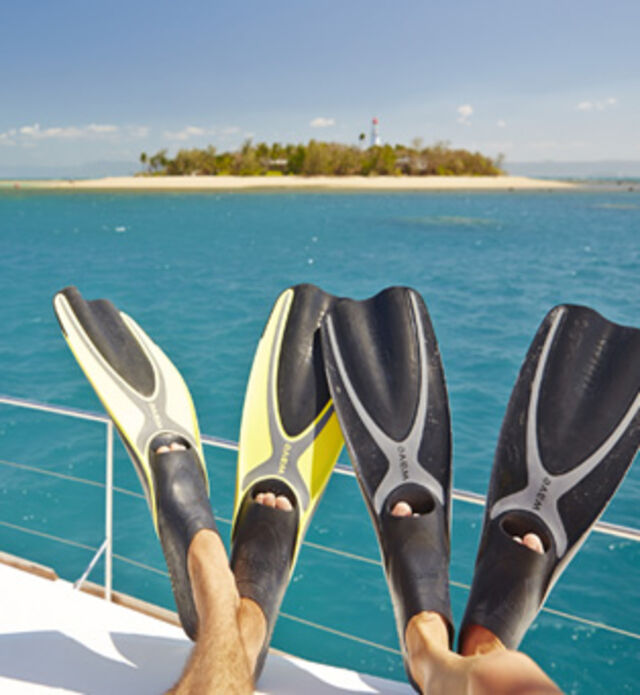OPINION: Let's not take our paradise for granted
OPINION: Let’s not take our paradise for granted
By Howard Salkow
Published Sunday 30 August 2015

We can count our blessings in our small-town paradise.
There is limited development; tourism does wonders for the economy; each day is as good as the next weather-wise; we have lots of space to do as we please; there are limited restrictions to inhibit our existence, and we are currently able to thrive on the vibrancy and optimism which is sweeping Port Douglas.
In essence, we have freedom and people can go about their daily business with the least amount of fuss. There are no real irritants, there is no congestion to speak of – although some may argue that certain supermarkets make for a challenging ride down the aisles – and we don’t have thousands of migrants wanting to make this their home.
And this is where we need to realise just how lucky we are living in one of the finest parts of the world.
Seventy years after the guns were silenced and World War II ended – unquestionably one of the worst wars of the 20th Century – the world was flooded with people on the move, but not really knowing where they were going. Desperate people do desperate things, and these migrants had to find a life for themselves and they had to make desperate decisions. When you look around, especially in the major cities, it’s easy to see how multi-cultural we now are and how most of these people settled into their new environment.
It is also important to remember than many sought refuge before the war began.
It must also be said, relocating and starting again in a new country is extremely hard. You have to undergo the transition to truly understand how difficult it is. In most cases, you have no roots; you can’t share your school life stories as no one will relate to you; you are faced with a different culture and language may be an issue as well; your qualifications may not be accepted; not to mention opening a bank account, obtaining a credit card, getting medical treatment. And the most challenging is that you are no one as no one knows you.
Seven decades ago millions faced this dilemma. Now, 70 years later, Europe is facing its worst migrant crisis since WWII. The number of people fleeing one country for another is growing by the day. What we read in our daily papers and witness on TV is horrific. Compared to the 1940s, little escapes the attention of the media and we are graphically exposed to the plight of these people.
And now the world has turned its attention to Europe and the many EU countries where the migrants want to relocate. It’s become a minefield of problems.
Factors such as the on-going Syrian war and the threat of IS are among some of the reasons why these people want to better their lives. But many of the countries are simply not equipped to accept these people. Hungary, for example, is building a vast razor-wire barrier to keep out the migrants who are streaming in from Serbia.
In an AFP report, the UN Refugee Agency said the situation was worsening in Greece and Italy where the number of people arriving after crossing the Mediterranean this year is approaching 300,000.
There are calls for Europe to establish a migration policy and German Chancellor Angela Merkel has said “Europe is in a situation that is not worthy of Europe”.
The respective leaders will meet and discuss the influx, but the migrants will not be deterred. As desperate as they are, they see greater challenges than cutting through a wire fence. Leaving behind some of their blood is the least of their concerns.
It’s desperate times. Seeking freedom can be harsh and unfair and when you reject someone, where do they go. If you take them in, can you accommodate them? These issues would have been the same before and after World War II, except now in 2015, we experience the tragic events unfolding before our eyes.
So back to your gin and tonic as you dangle your feet in the pool and soak up the glorious Port Douglas weather. It could not be better. But never for one minute forget just how lucky we are.
